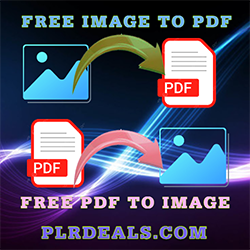Properties vary in build and structure, as well as ownership and costs for their upgrade and maintenance. Properties can be used as residential homes or for commercial businesses purposes. This makes a distinction between homeowners insurance, which is the more common type of property insurance which you may have purchased for your private home, which are more obviously called non-business properties. Insurance cover extends beyond simply cover for the loss of the home but can also cover home contents and accidents within it.
A ‘all risks’ type of insurance cover will cover all losses with the exception of specifically excluded causes. Named perils insurance cover will only insure those perils specifically identified, hence ‘named’. This part of the insurance needs some care to list adequately the cover that you require otherwise you could be left with an non-covered property event that could well see you financially out of pocket.
Even if your property is empty you should have it insured. Peace of mind is one benefit, but potential financial loss is perhaps a much more valid one. It may simply be that your property is vacant for only a short time, but without its being insured you remain vulnerable to potential loss. Check any policy over carefully to ensure that you are adequately covered when your property is unoccupied. Most home policies will not cover your home if unoccupied for a substantial period or restricted cover may apply after as little as 14 days, with a increased excess. Some insurance providers offer short term policies, however other are more flexible and will offer longer term policies. Speaking to your insurance provider is vital here to get things right.
If you don’t own a property this doesn’t mean that you are without cover options. If you rent a home then you can take out insurance such as a tenants protection policy which provides you cover for personal property and also extends to personal liability cover when renting a home.
There are three elemental parts making up the insurance policy. These are structure, liability and the property insurance. For personal property coverage for items such as appliances, clothing, and furniture are what is generally covered. Jewellery may need special attention to detail to determine adequate cover for the price value of items. Detailing your items, is very important as is the need to inform your insurance provider for any new additional items that may need to be added to the policy cover.
I have not gone into the variations of the different types of insurance, such a homeowners insurance, landlords insurance, unoccupied property insurance, but the common ingredients in this guide are also applicable to these. The insurance provider will be able to direct you to the right policy to give you the insurance cover that you need.
Dominic Rogers consults as an industry expert in the property and travel and vehicle insurance industry with many years experience in the field. You may contact him at www.click4quote.com for all your Property Insurance enquires.







